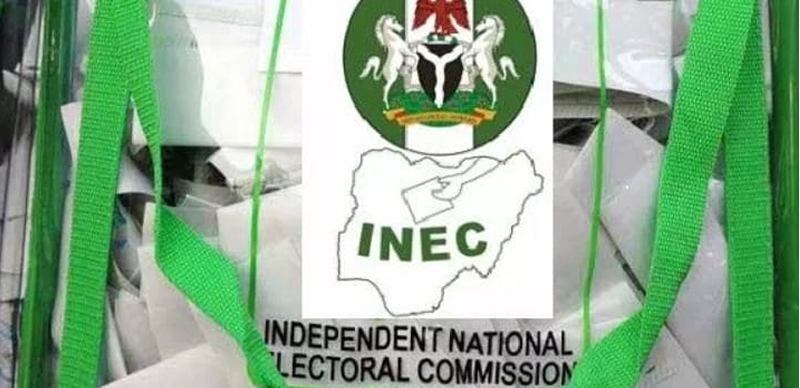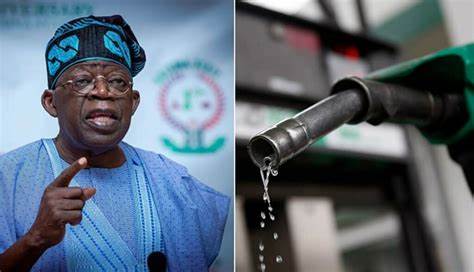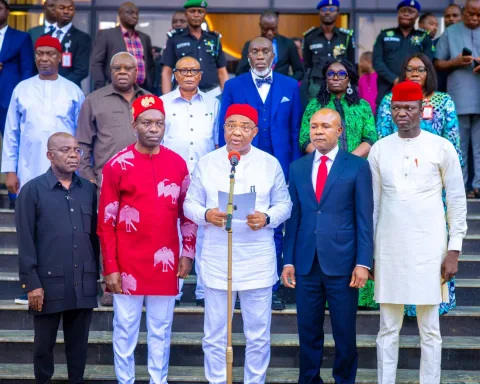The Independent National Electoral Commission (INEC) has refuted media allegations suggesting manipulation of voter accreditation figures in the Kogi Governorship Election results.
Responding to these claims in a Press Release, Mohammed Kudu Haruna, a National Commissioner and Member of the Information and Voter Education Committee, dismissed the reports as unfounded and shed light on the process involved in recording voter accreditation data. He clarified that the reports were baseless, and assured the public of the transparency and accuracy of the electoral process.
Join our WhatsApp Channel“It is crucial to debunk these unfounded allegations of tampering with the accredited figures of voters in the Kogi Governorship Election results uploaded on the INEC Result Viewing (IReV) portal,” Haruna stated.
READ ALSO: INEC Declares APC’s Ododo Winner Of Kogi Governorship Election
He emphasized the reliability of the Bimodal Voter Accreditation System (BVAS), which serves as the tool for authenticating and accrediting registered voters at polling units during elections. Haruna explained that the BVAS stores accreditation data offline, ensuring a seamless experience for voters even without internet connectivity.
“The BVAS automatically exports accreditation data to the Accreditation Backend System (ABS) when it’s active and connected to the internet. However, data exportation doesn’t occur when the device is inactive or when internet connectivity is poor,” Haruna clarified.
He likened this scenario to the delay experienced in sending an SMS due to poor network service on a mobile phone.
Explaining the process further, Haruna highlighted that Presiding Officers are responsible for pressing the data exportation button on the BVAS at the close of polling.
This action ensures that all accreditation data is synchronized with the ABS. He emphasized that the synchronization process is continuous and allows for updates as more data flows in, thereby altering the accreditation figures on the IReV portal.
“The figures displayed on the IReV portal may change due to ongoing synchronization but cannot be altered on the BVAS after the close of polls,” Haruna affirmed.
He urged the public to disregard the misleading reports and misinformation surrounding the election results.
“In the interest of accuracy and transparency, it’s imperative to dismiss these claims of tampering with the electoral data. We assure the public of the integrity of the process,” Haruna concluded.
Emmanuel Ochayi is a journalist. He is a graduate of the University of Lagos, School of first choice and the nations pride. Emmanuel is keen on exploring writing angles in different areas, including Business, climate change, politics, Education, and others.



















Follow Us